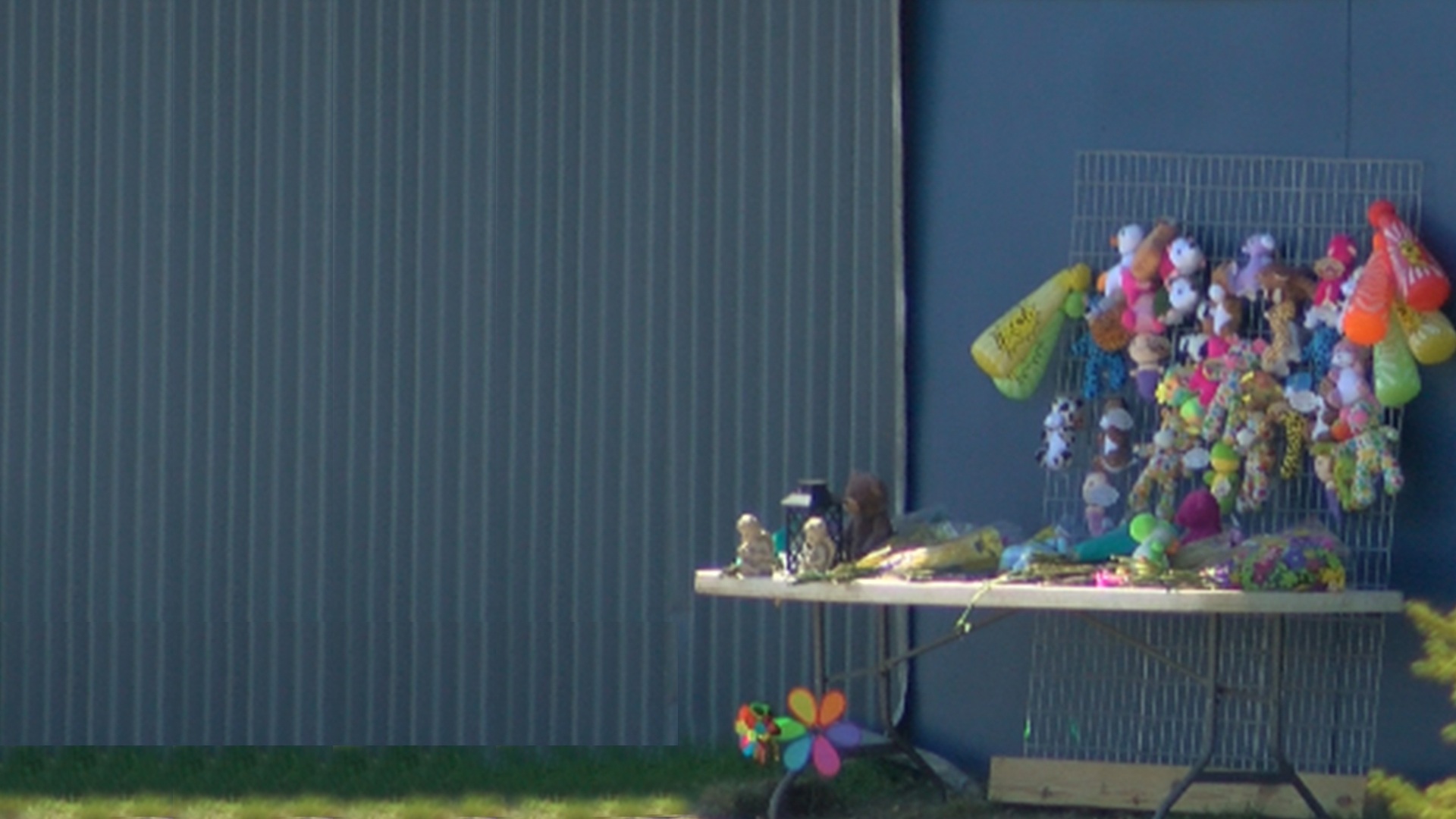TOLEDO, Ohio — Since the tragic crash at a child's birthday party at the Swan Boat Club in Monroe County, it has been a consistent topic of conversation.
With the increase in conversation comes the question of how to talk with children about handling this level of grief. While counselors and mental health professionals are at schools to help children answer any questions they may have, those same professionals say these big topics should be talked about at home and not swept under the rug.
Since Marshella Chidester crashed into the boat club, killing an 8-year-old and a 4-year-old, the conversations around grief could be on children's minds.
For Steve Cybulla, who's lived in the area for six years, he said his 5-year-old daughter had a lot of questions.
"I just tried to sit her at home and answer as many of those questions to the best of my abilities that I could," Cybulla said. "We were always pretty open and honest with her."
Cybulla said his wife is a nurse so their daughter is family with the idea of injuries and pain.
Child psychologist, Dr. Andrea Mata, applauds parents like Cybulla for their efforts. She founded BrightSpot Families to help families work through heavy conversation topics like this.
"The first step is to wait for them to bring it up," Mata said. "The second step would be listen and validate their understanding of what happened and what their feelings are."
She explained how too often parents want to fix the conversation to either make it lighter or over-explain it. The doctor said sometimes adults give too much information they may not need, potentially causing a more difficult conversation than it has to be.
Mata said it's best to wait and see if kids have questions and then give answers that meet them where they're at. Don't over-explain if you don't have to.
"At five years old, the amount of real-world experience towards trauma doesn't quite resonate," Cybulla said.
Mata said actively listening to your child when they know of big incidents will help them with the building blocks of starting conversations on hard topics. Also, if parents avoid these types of conversations too often, it could likely cause a domino effect later in life.
"It creates a behavior where whenever it's time to have difficult conversations, we're not going to have them," Mata said. "We're going to avoid them and we're just going to sweep them under the rug."
She added it's best to talk to your child about other adults they can turn to if you're not available. This ensures from adults you trust, the kids get safe and reliable answers and ensures you don't have to be the only source of information.

